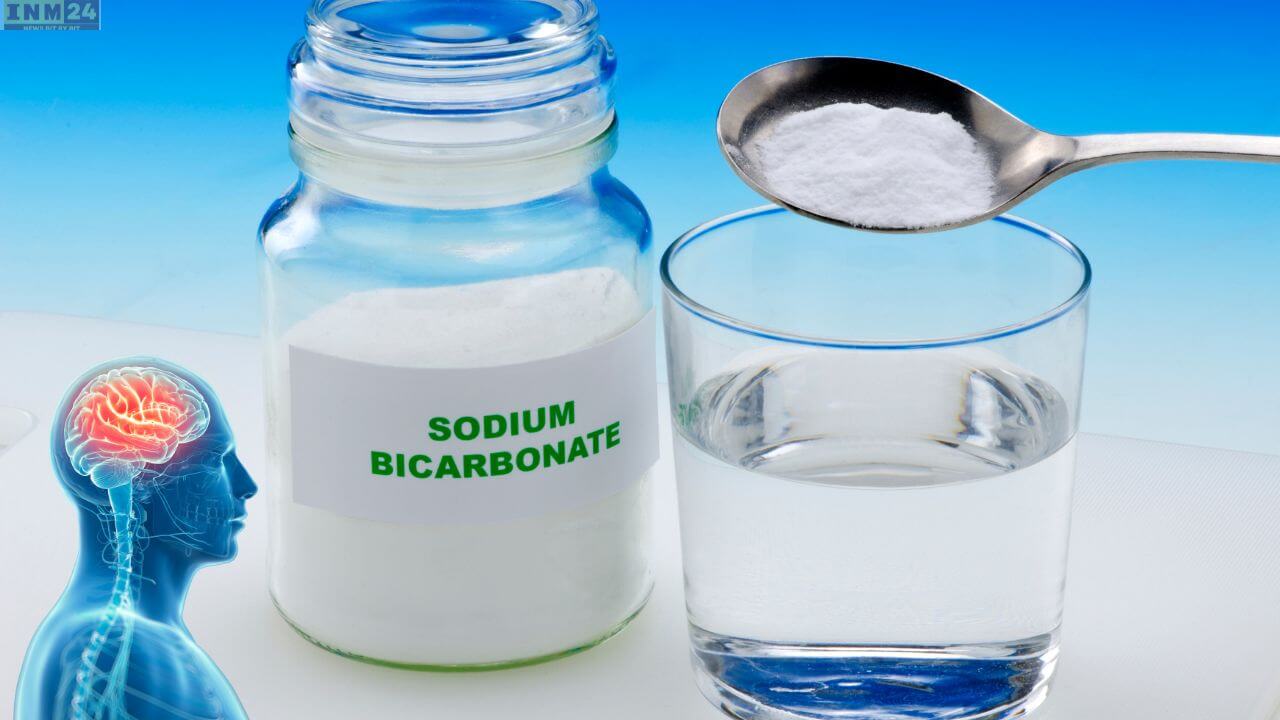Sodium deficiency, or hyponatremia, can pose a significant risk to one’s health, leading to various serious illnesses. It is crucial not to overlook the symptoms associated with sodium deficiency, as they can indicate underlying health issues that need attention.
The Importance of Sodium
Just like calcium, potassium, and magnesium, sodium plays a vital role in maintaining overall health and fitness. A deficiency in sodium can lead to hyponatremia, a condition characterized by low blood sodium levels. Moreover, sodium deficiency can have detrimental effects on the brain.
Recognizing the Symptoms
Often, people fail to recognize the symptoms of sodium deficiency, which can exacerbate the severity of the problem. Therefore, it is essential to be aware of the signs that indicate a lack of sodium in the body:
- Nausea and vomiting
- Persistent headaches
- Fatigue and constant tiredness
- Restlessness and irritability
- Muscle weakness and cramps
- Seizures
If you experience any of these symptoms, it is crucial to consult a healthcare professional promptly.
Addressing Sodium Deficiency
According to the World Health Organization (WHO), adults require approximately 5 grams of salt daily, with 2 grams of sodium content. Both deficiency and excess of sodium can be harmful to health. Therefore, it is essential to strike a balance and consume salt in moderation.
In cases where sodium deficiency is severe, healthcare professionals may administer sodium through intravenous drips to replenish the body’s sodium levels. However, it is crucial to follow medical advice and seek professional help if you suspect sodium deficiency.
Sodium deficiency can have detrimental effects on brain function and overall health. Recognizing the symptoms and addressing them promptly is essential to prevent complications. By maintaining a balanced diet and seeking medical advice when necessary, you can ensure optimal sodium levels in your body and promote better health and well-being.
